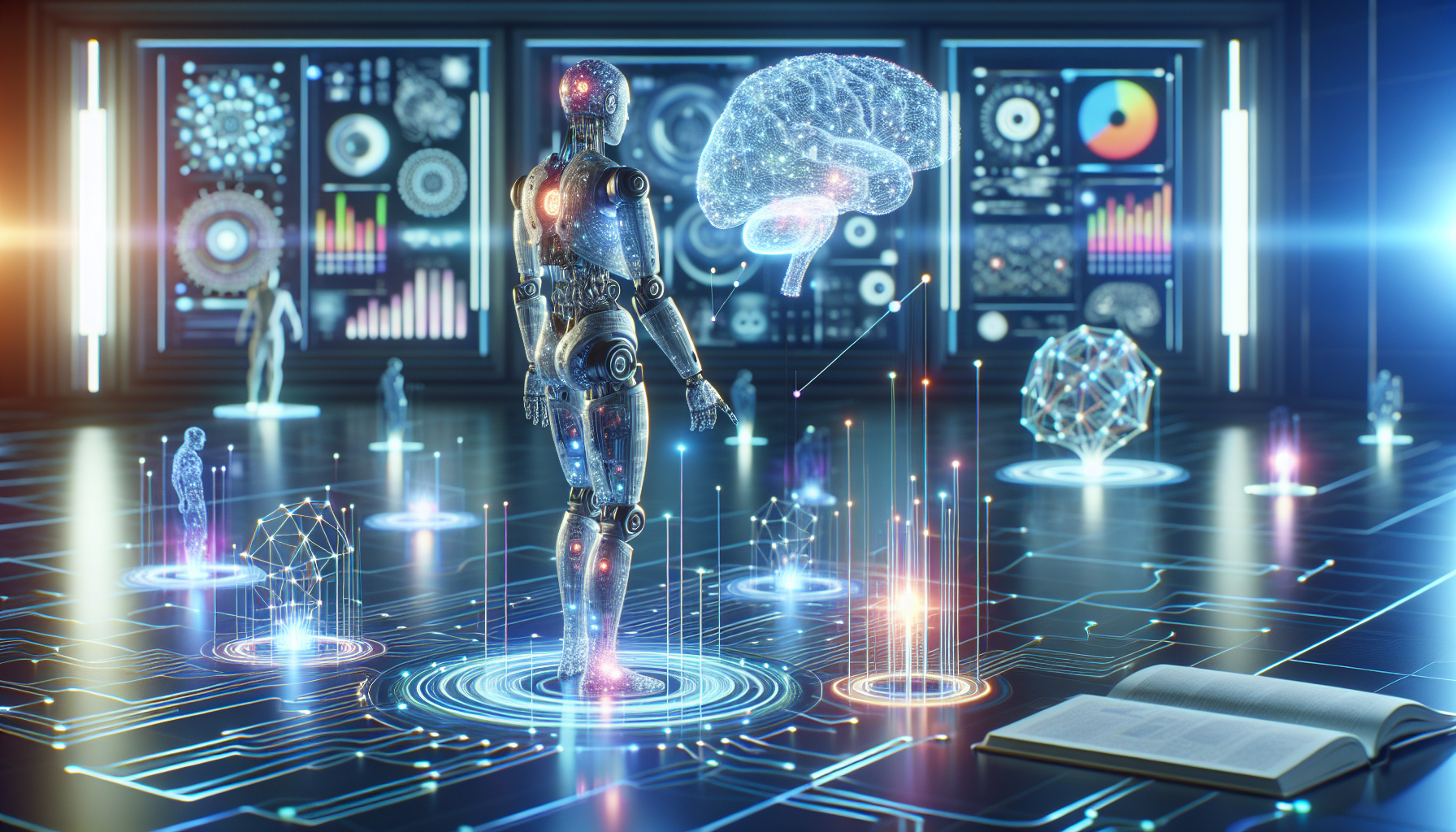
AI in Healthcare: A Comparative Analysis of Transformative Technologies
June 23, 2025
Artificial intelligence is not merely an add-on to modern healthcare; it’s a transformative force reshaping the way medical professionals diagnose, treat, and manage patient care. Delving deeper into the comparative analysis of AI technologies in healthcare reveals not only the stark differences in methodologies but also the profound impact on patient outcomes and operational efficiencies.
One of the most groundbreaking applications of AI in healthcare is its role in diagnostics. Machine learning algorithms are now outperforming traditional methods in identifying diseases from medical images. For instance, deep learning models have been developed to analyze mammograms, often detecting breast cancer with higher accuracy than human radiologists. This advancement is not just about speed and precision but also about consistency, as AI systems do not suffer from fatigue or cognitive biases that can affect human judgment.
Comparatively, AI-driven diagnostic tools are also gaining ground in the field of genomics. By leveraging neural networks, researchers can predict the likelihood of genetic disorders and tailor personalized treatment plans. This level of precision medicine was previously unattainable due to the complexity of human genetics. AI's ability to process vast datasets and recognize patterns that are invisible to human analysts is proving invaluable in this area, offering hope for earlier interventions and better patient outcomes.
Furthermore, AI's role in predictive analytics is transforming healthcare operations. Predictive algorithms are being utilized to forecast patient admissions, optimize staffing, and manage hospital resources more effectively. For example, by analyzing historical data and current trends, AI can predict patient inflow during flu season, helping hospitals prepare adequately in terms of both personnel and supplies. This contrasts sharply with traditional methods, which often rely on reactive measures rather than proactive planning.
Robotic process automation (RPA) is another area where AI is making significant inroads. In administrative functions, RPA is streamlining tasks such as patient scheduling, billing, and claims processing. By automating these repetitive tasks, healthcare providers can reduce costs and minimize errors, allowing staff to focus more on patient care. The comparative advantage here is evident in the reduction of human error and the enhanced speed of processing, which traditional manual methods cannot match.
Moreover, AI's potential in enhancing patient interaction and engagement is noteworthy. Natural language processing (NLP) technologies are being integrated into virtual health assistants, providing patients with 24/7 access to medical advice and support. These AI-powered assistants can triage patient concerns, suggest possible diagnoses, and even schedule appointments, all while maintaining a personalized touch. This contrasts with the limitations of traditional call centers, where human operators can only handle a finite number of inquiries at any given time.
In therapeutic applications, AI is revolutionizing drug discovery and development. Machine learning models can analyze chemical compounds and predict their effectiveness, significantly reducing the time and cost associated with bringing new drugs to market. This method stands in stark contrast to conventional drug development processes, which are often lengthy and expensive. By accelerating the discovery phase, AI is helping to address critical healthcare challenges more swiftly, offering potential cures and treatments that were previously out of reach.
Despite these advancements, the integration of AI into healthcare also poses significant challenges. Concerns about data privacy, algorithmic bias, and the need for robust regulatory frameworks must be addressed to ensure that AI technologies are implemented ethically and equitably. The comparative analysis of AI's benefits versus its ethical implications continues to be a subject of intense debate among healthcare professionals, policymakers, and technologists.
In conclusion, the comparative analysis of AI technologies within healthcare highlights the transformative potential of these tools. From enhancing diagnostic accuracy to optimizing operational efficiencies and personalizing patient care, AI is redefining what is possible in the medical field. Yet, as we embrace these innovations, it is crucial to critically examine and address the ethical and practical challenges they present. How we navigate these complexities will determine the trajectory of AI in healthcare and its ultimate impact on society.


